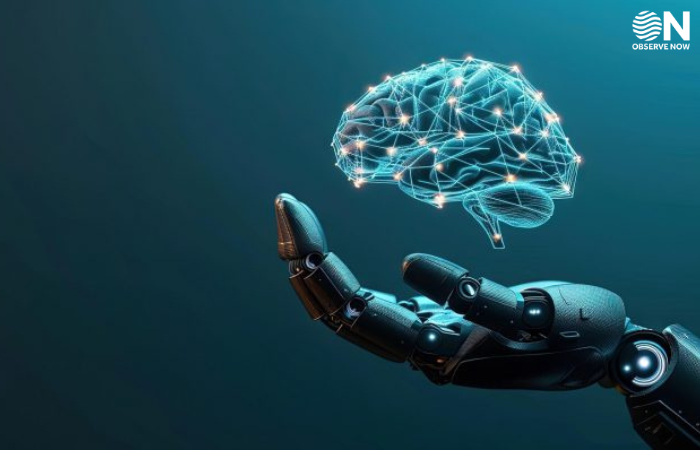Skild AI Rolls Out ‘Skild Brain’, a Universal Robot AI Capable of Human‑Like Adaptation

Skild AI, a robotics startup backed by Amazon and SoftBank, has launched Skild Brain, a foundational AI model designed to unlock human-like agility and reasoning in a wide range of robots—from industrial machinery to humanoid platforms. This development represents a significant leap toward general-purpose robotics that can perform diverse real-world tasks with autonomy.
Demonstrations of Skild Brain showcase robots executing complex physical activities such as climbing stairs, adjusting posture when pushed, and manipulating objects in cluttered environments. These behaviors demand spatial awareness and dynamic adaptability—qualities typically absent in conventional factory robots. Safety has been a core priority: the system enforces power limits to prevent harmful force in human interactions.
Skild’s training methodology addresses a key challenge in robotics: the scarcity of large-scale, standardized data. The company pretrains Skild Brain using a mix of simulated environments and human action videos, then refines the model further with live feedback from deployed robots. Each robot contributes to the shared intelligence, creating a continuously improving system across distinctive embodiments and use cases.
Founded just two years ago by Deepak Pathak and Abhinav Gupta, Skild AI has rapidly scaled a team from Tesla, Nvidia, Meta, and other tech innovators. In a $300 million Series A funding round last year, the company achieved a $1.5 billion valuation. It has also formed partnerships with LG CNS and other global industrial operators to integrate Skild Brain into logistics, manufacturing, and automation services.
Skild’s approach marks a broad shift in robotics—from vertical, task-specific automation to horizontal, adaptable autonomy. Its shared AI model aims to reduce the need for custom retraining when deploying robots across different environments and tasks—a major operational bottleneck in traditional robotics.
Industry investors and analysts see Skild Brain as a defining moment in embodied AI. With the robot intelligence sector projected to expand rapidly in coming years, Skild AI is positioning itself at the vanguard of this emerging field. While scaling such systems remains challenging due to hardware costs and physical deployment constraints, Skild is betting that its shared learning model will accelerate adoption by making robots more versatile and easier to maintain.
In summary, the release of Skild Brain heralds a new chapter in robot intelligence—delivering general-purpose physical autonomy powered by continuous, collective learning. The model’s ability to adapt, reason, and respond across task boundaries could usher in practical robotics applications in settings as varied as warehouses, healthcare facilities, and public service environments.
















